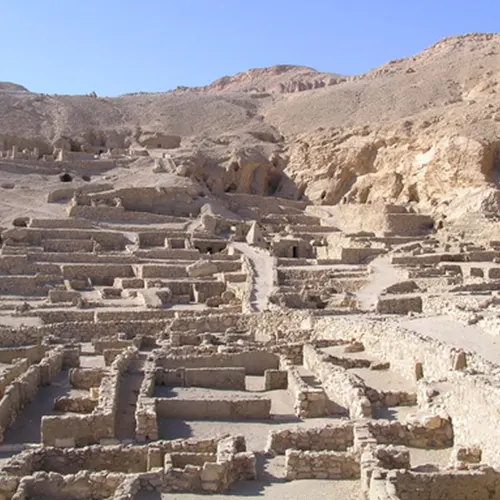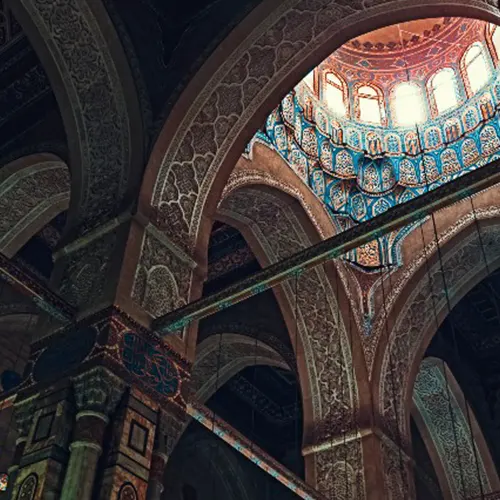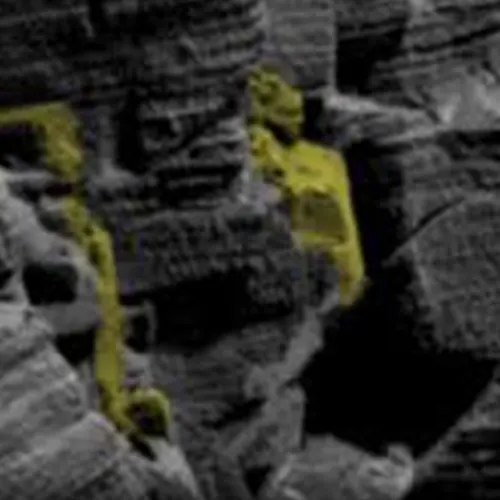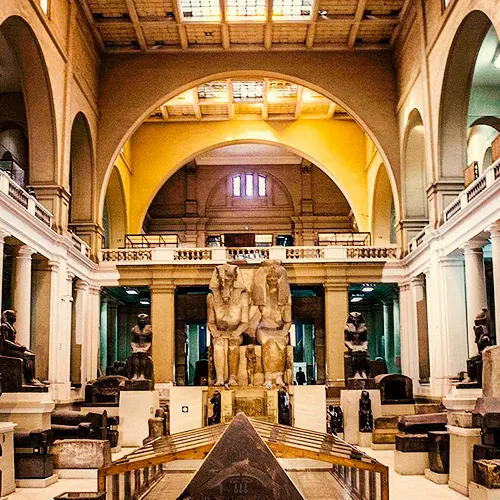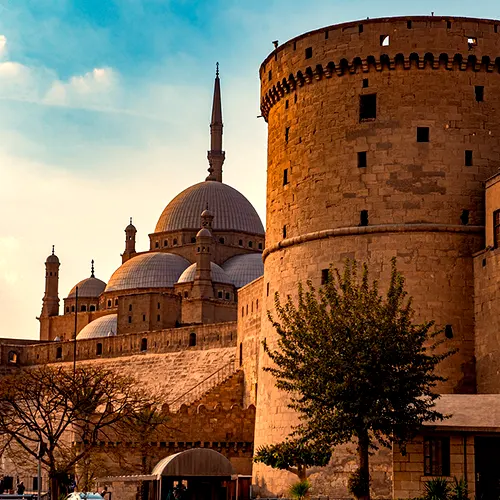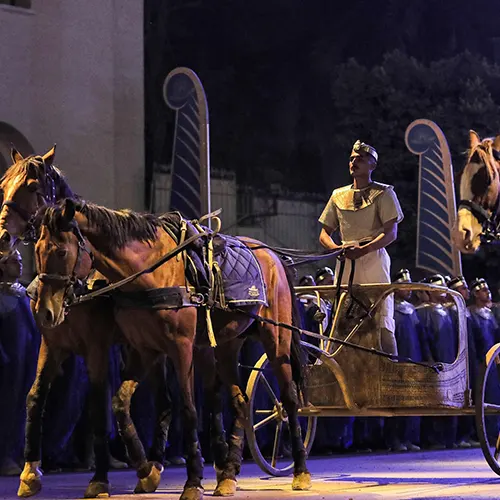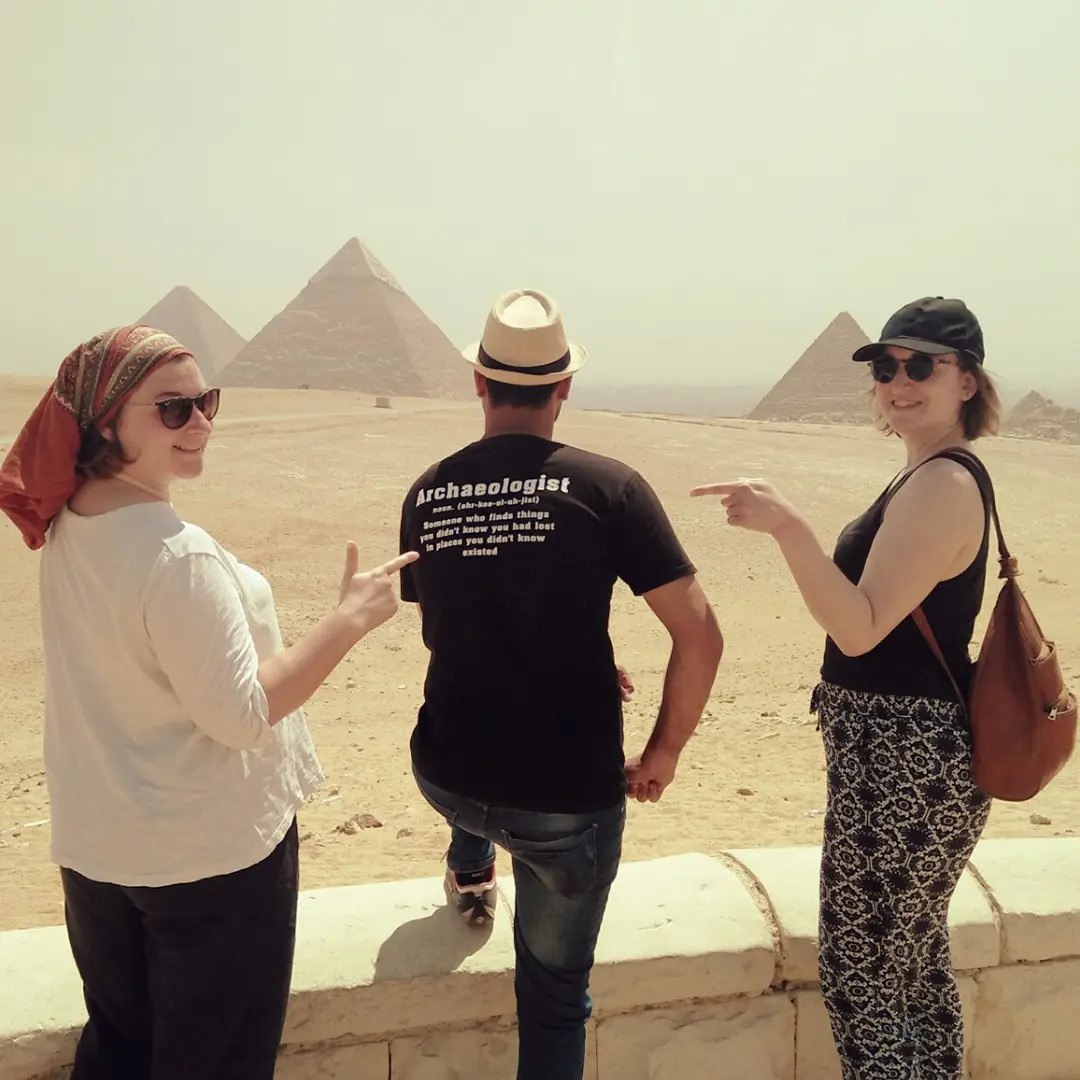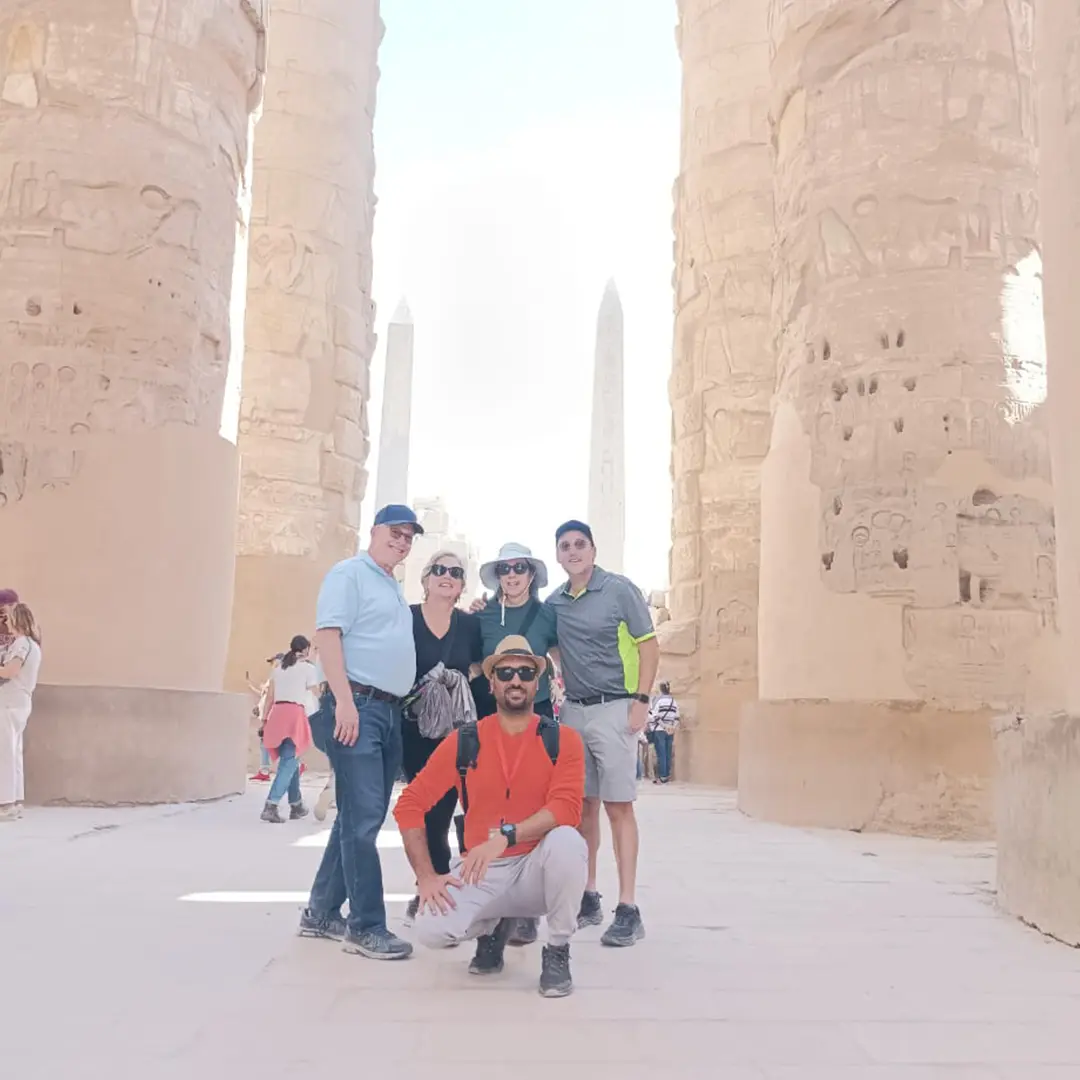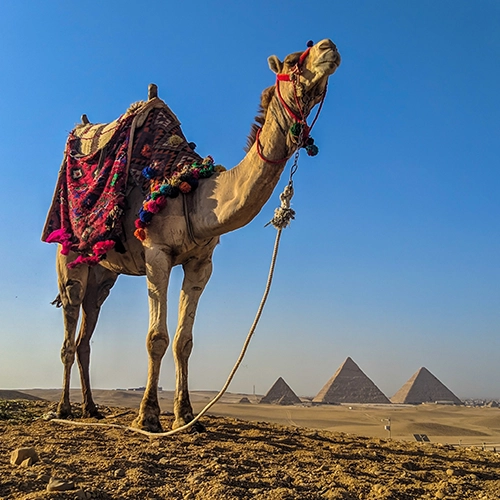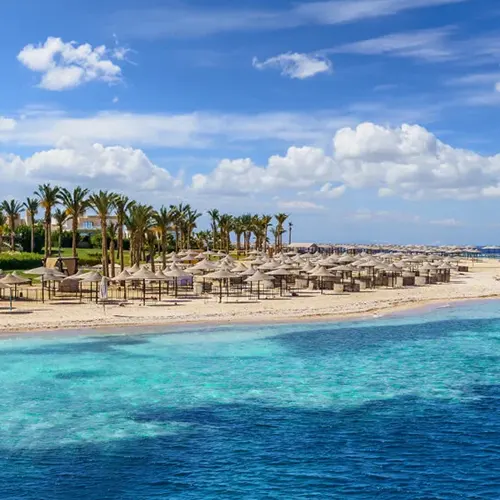
Deir El Medina is one of the most famous sightseeing on the west bank of Luxor city, as it is a city for the locals located inside a royal site. Here, you will see another kind of tombs; they are not royal tombs but belong to ordinary citizens who built the royal tombs.
The history of Deir el-Medina Bernard Bruyère discovered this site in the 90s, after the discovery of Howard Carter to the tomb of Tutankhamun, Bernard Bruyère considered this is a unique discovery, as there were many of ostraca are discovered on this site. These ostraca documented the lifestyle and community of ancient Egypt meticulously, as they refer to the Women’s lifestyle, the Law, and the medical care in this community.
This place was the village where the ancient Egyptian workers and artisans of the 18th, 19th, and 20th dynasties of the New Kingdom were lived. Those workers and artisans worked in the Valley of Kings and the Valley of Queens, as they carved the tombs, which dazzle the whole world, in the mountain and decorated them.
Perhaps, the Egyptian authorities ordered to establish this city apart to keep what was happening inside the Valley of Kings and the Valley of Queens secret for avoiding being stolen.
It is believed that the first usage of Deir el-Medina was during King Thutmose I reign, while it was abandoned during the Ramesside Period.
The city housed approx. 70 families and sixty-eight houses varying in their size. The style of these houses was the same, as the walls were made of mud brick. Houses consisted of four to five rooms, comprising an entrance, main room, two smaller rooms, kitchen with cellar, and staircase leading to the roof.

Also, this place contains the tombs of those workmen. These tombs appear in one room decorated with reliefs depicting the owner of this tomb with his family and during his journey to the other world. You can imagine how amazing the decorations of these tombs are, as it was ornamented by the artisans who decorated the wonderful tombs in Valley of the Kings. For example, these tombs are Inerkhau and Sennedjem tombs.
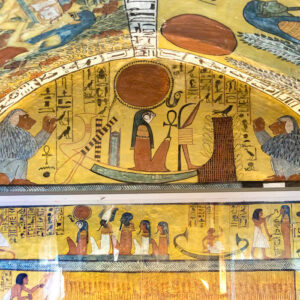
The names of Deir el-Medina The ancient Egyptian name of this site was (Set maat), which means the place of truth. Also, the habitants were named servants in the place of truth. Deir el-Medina, the most famous name for this site now, is an Arabic word meaning the monastery of the city, as there was a temple for goddess Hathor beside the city. This temple was built during the Ptolemaic period, but it is changed to be a Christian monastery.

